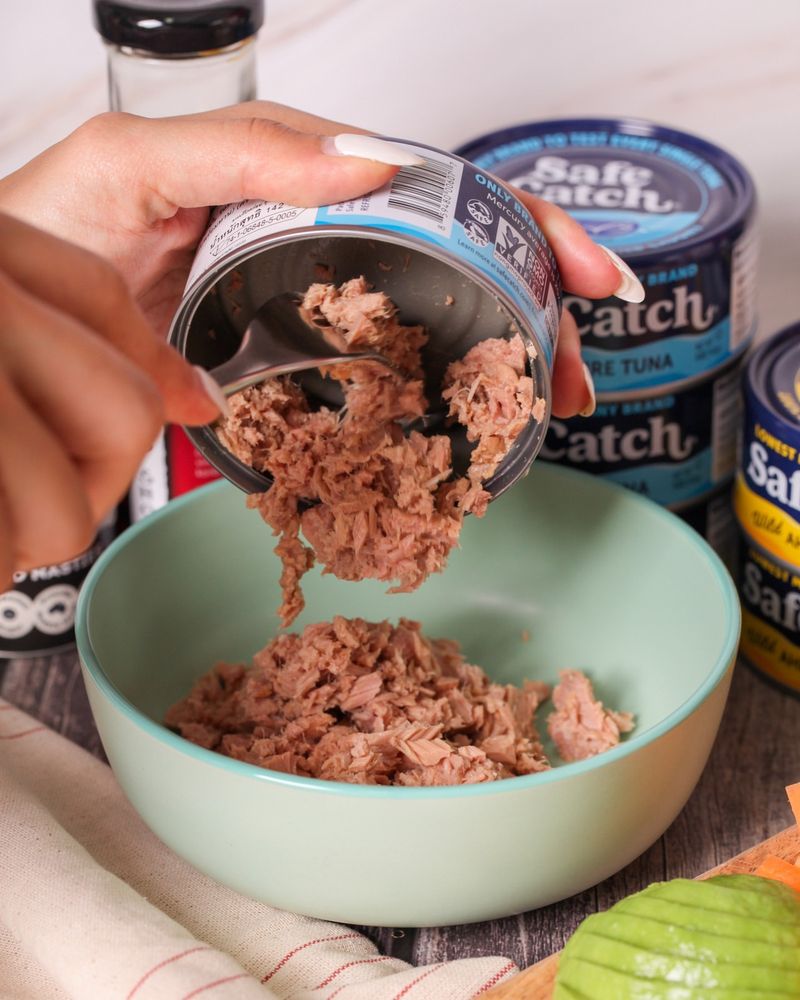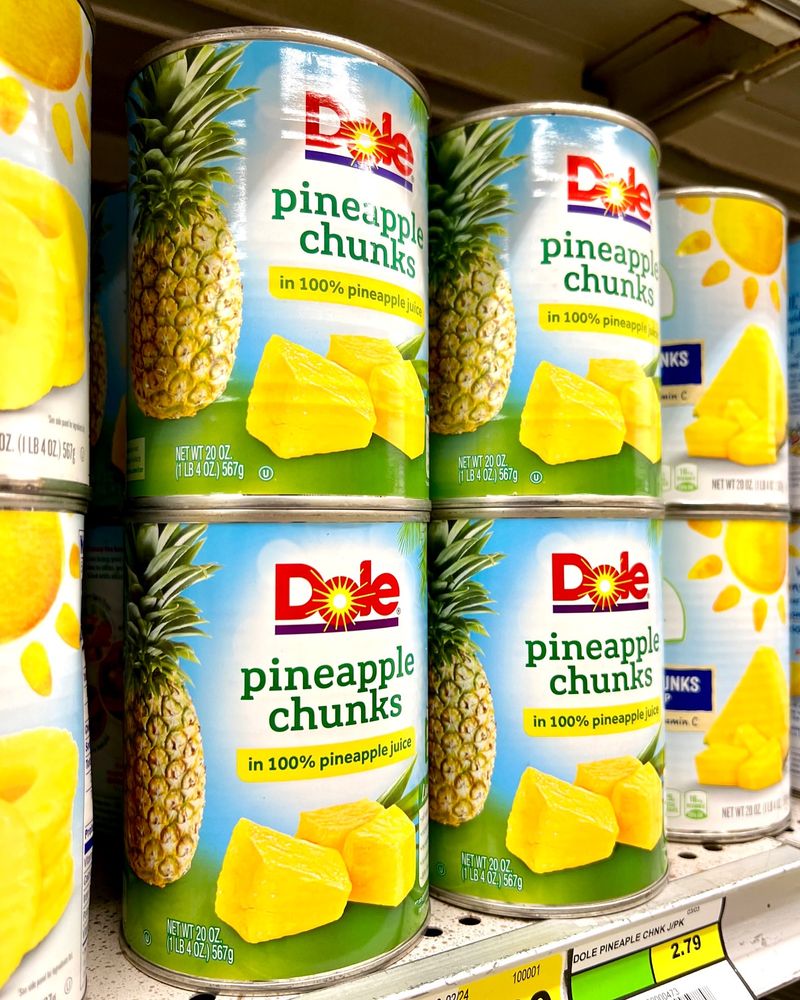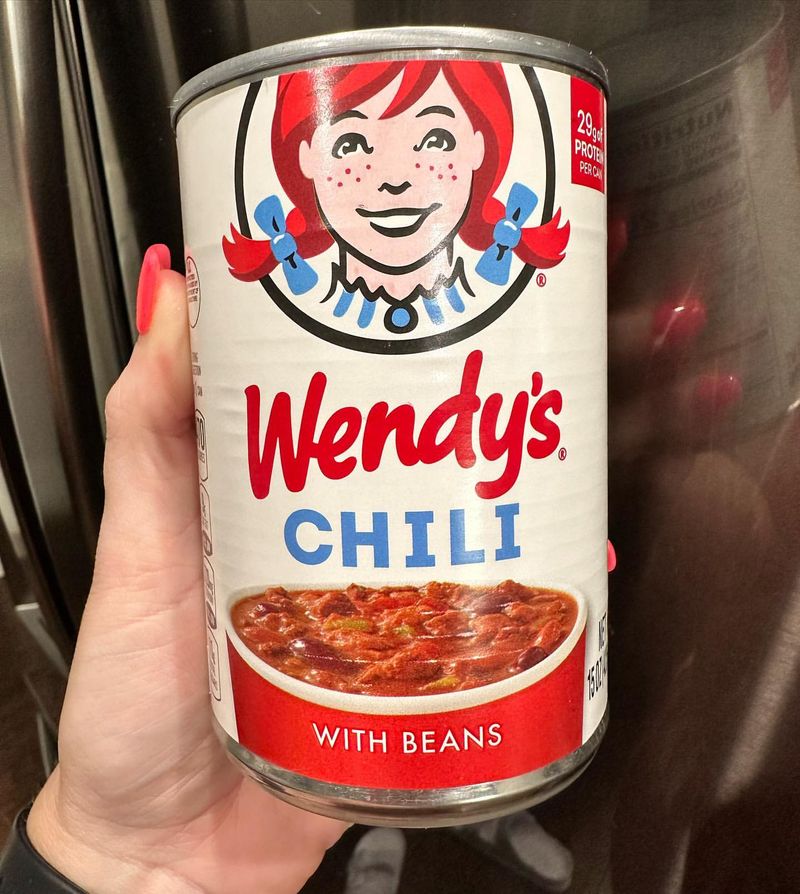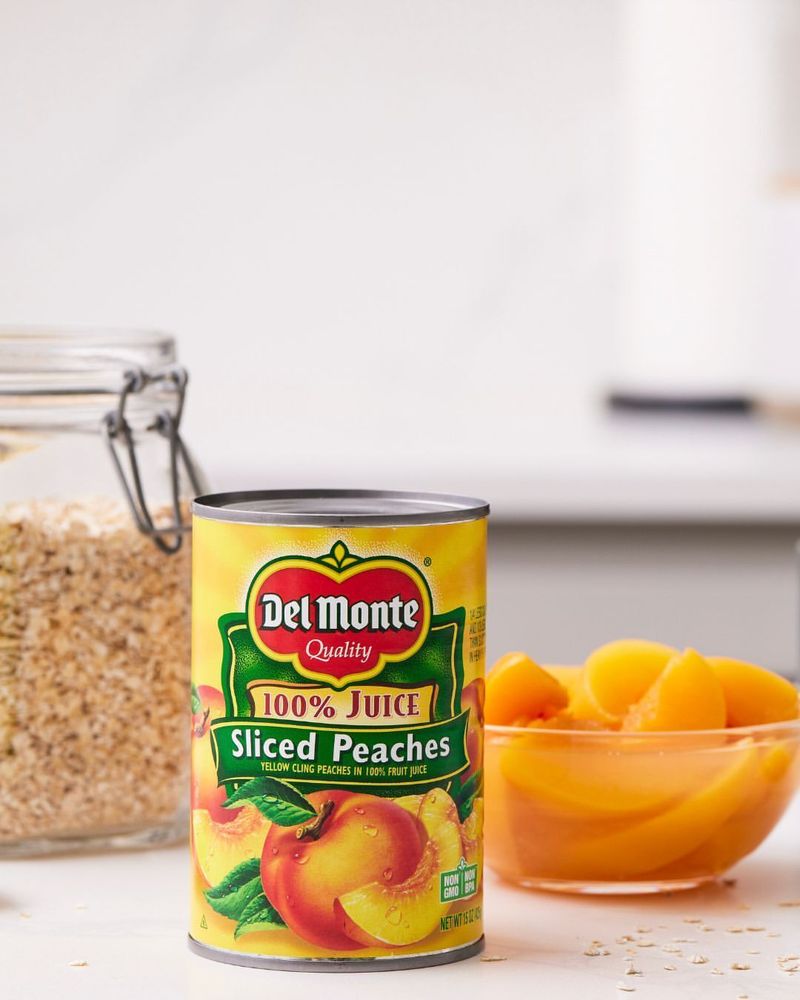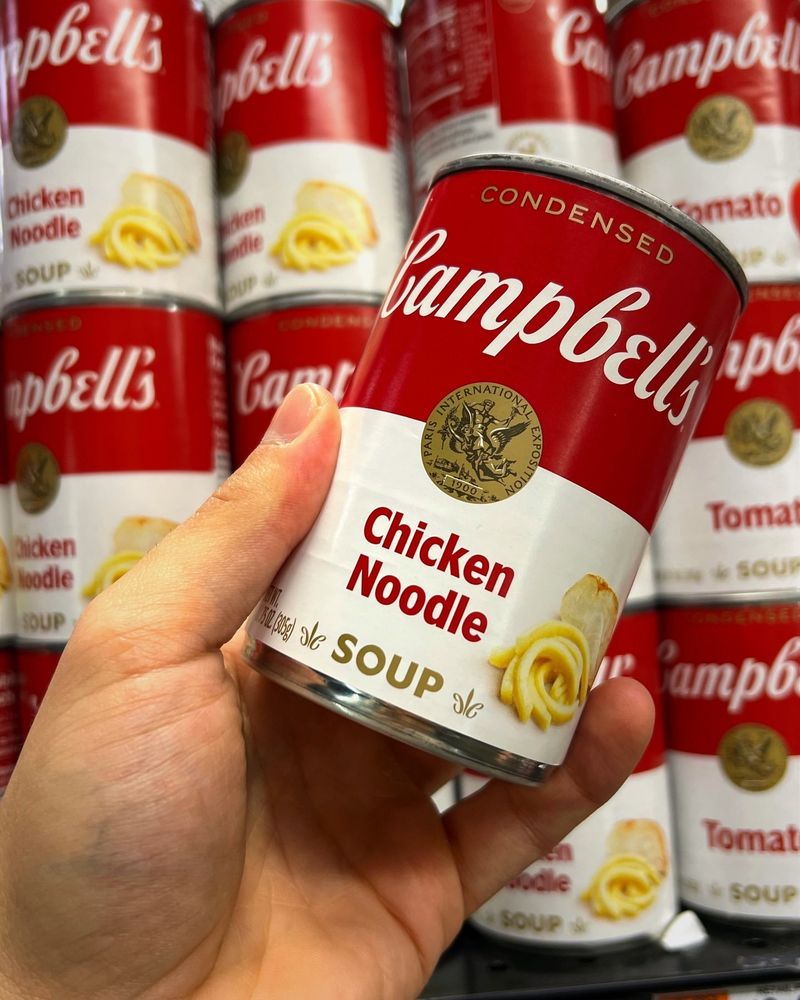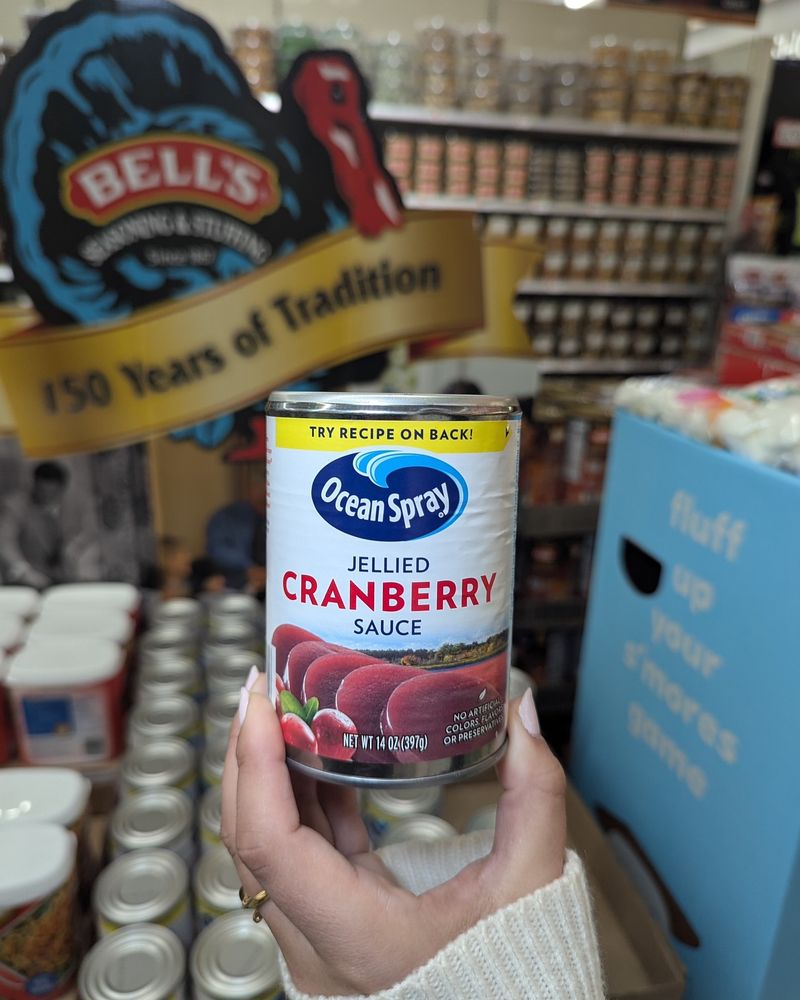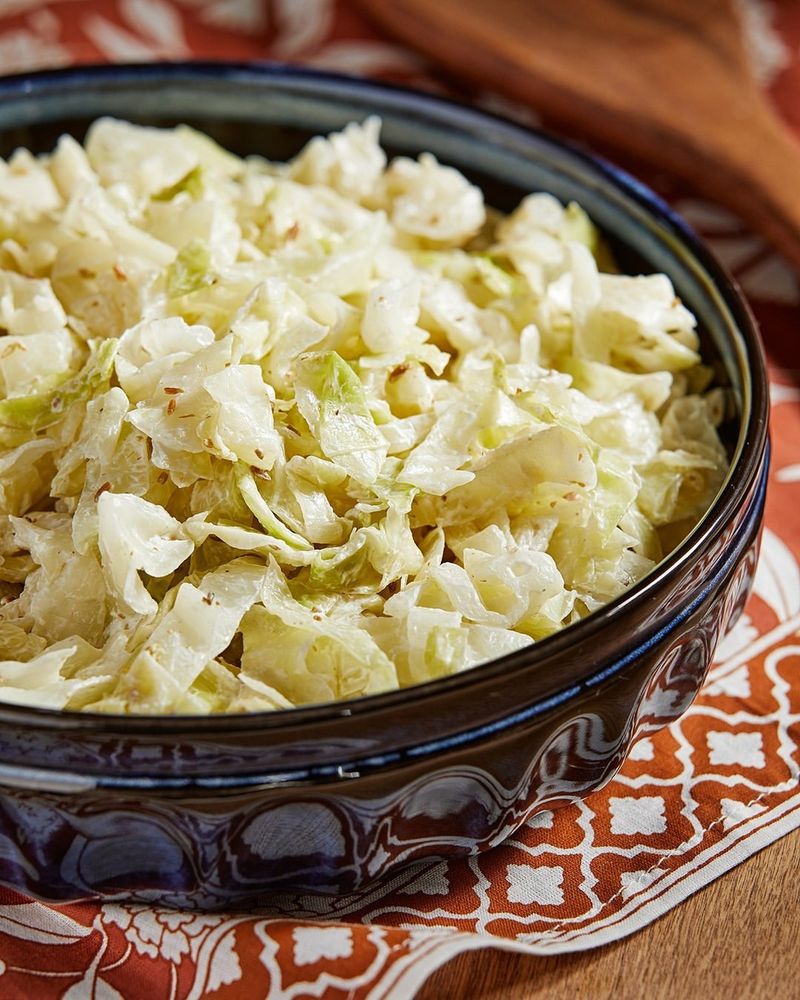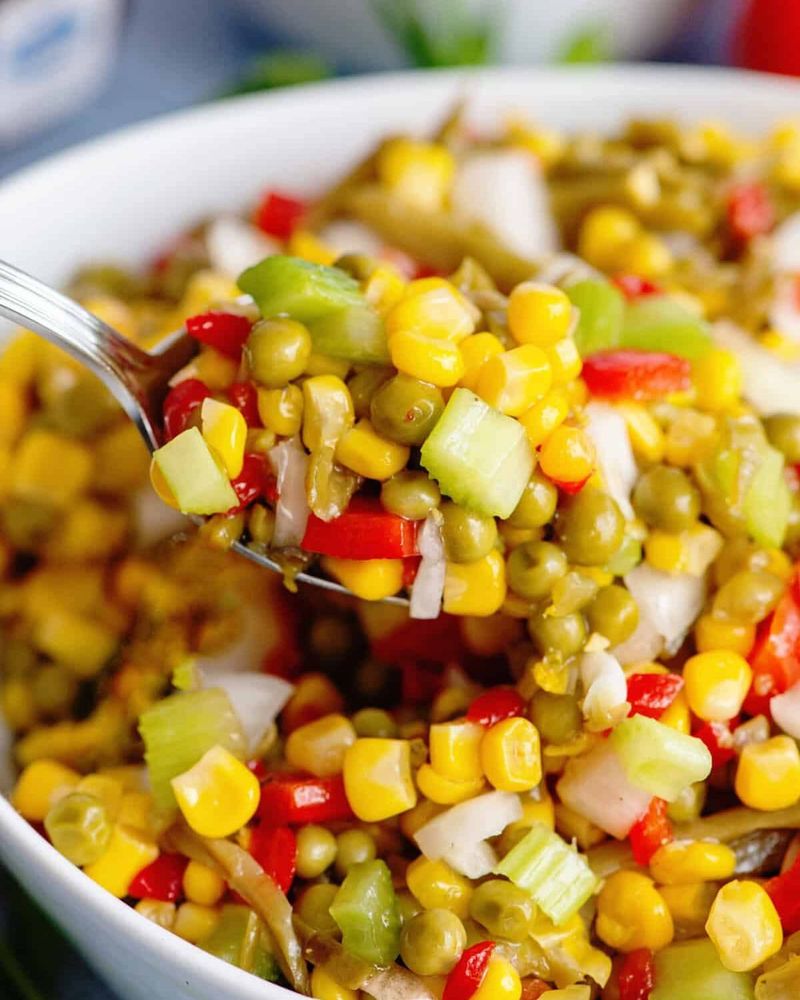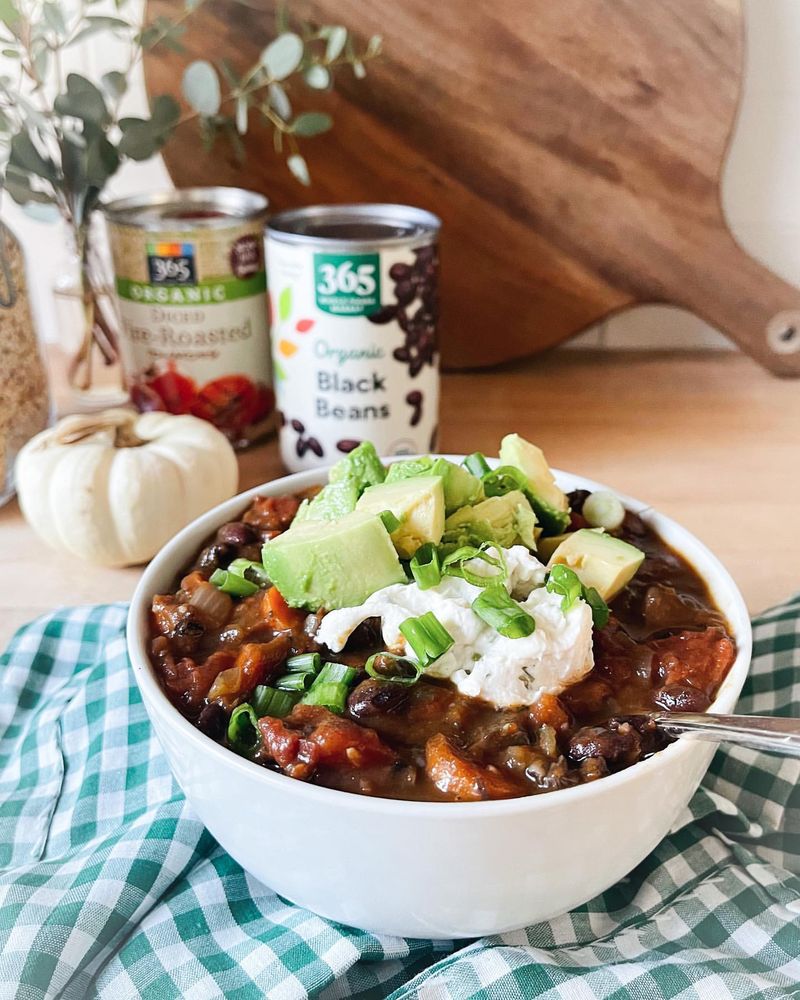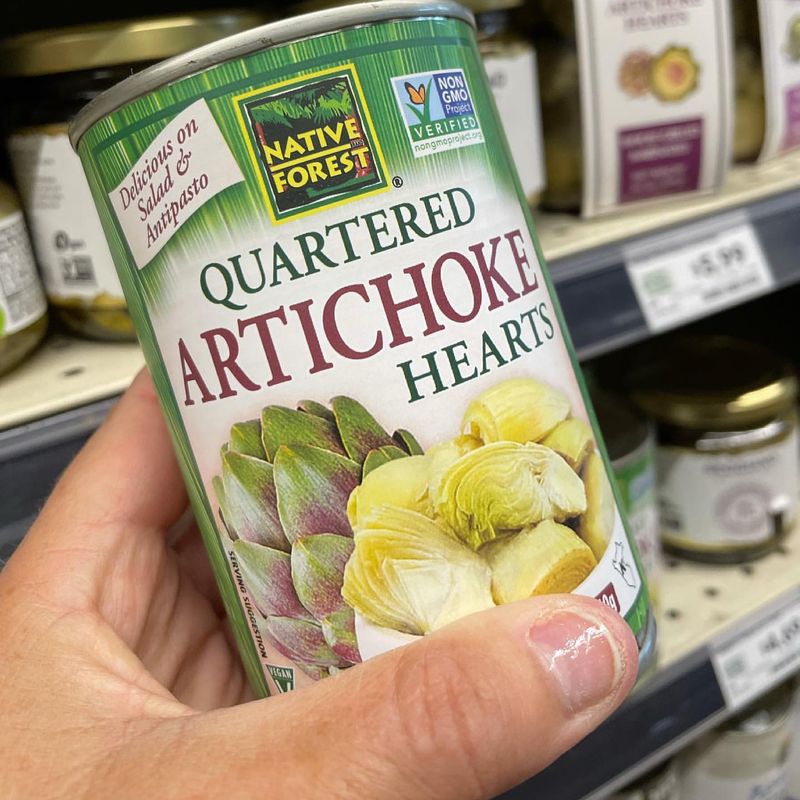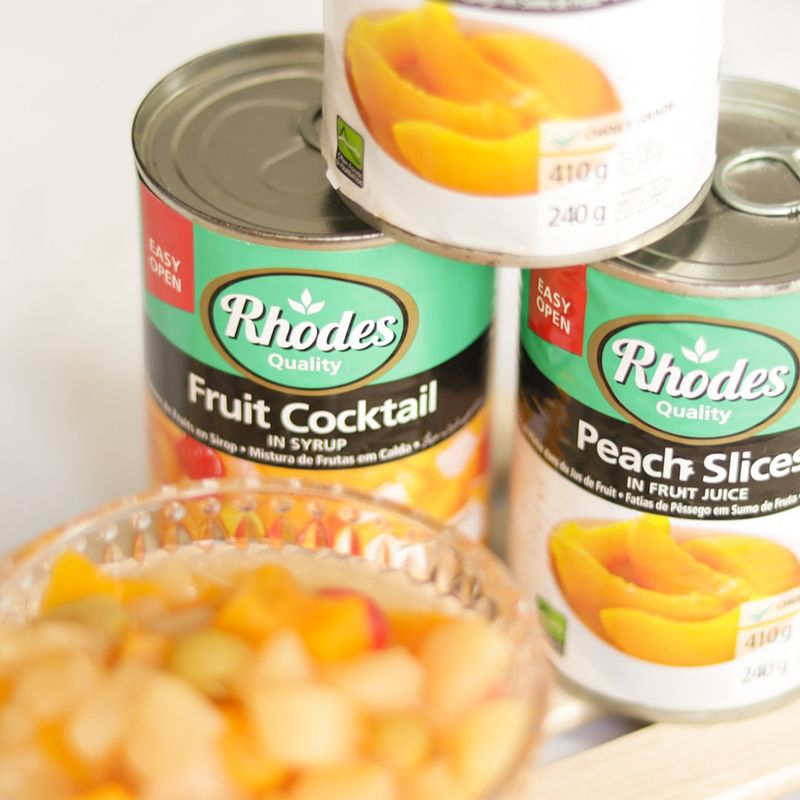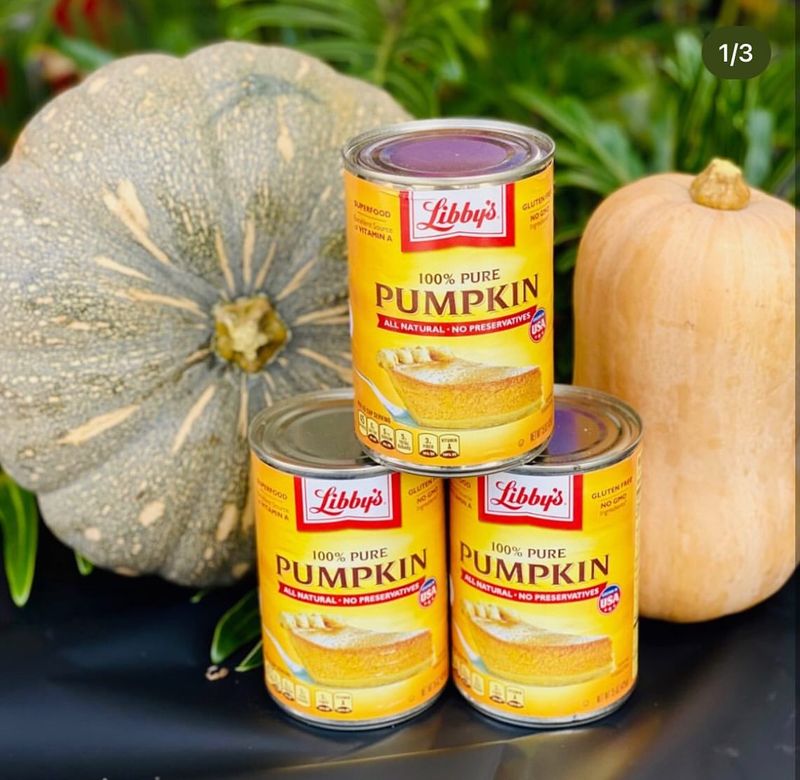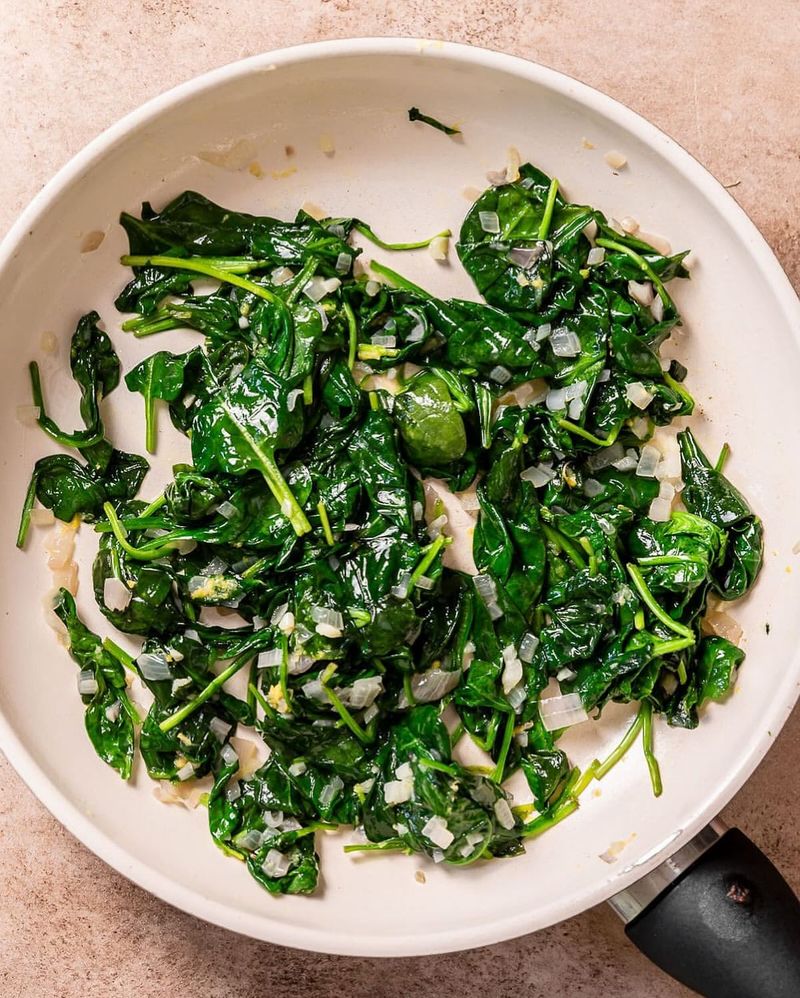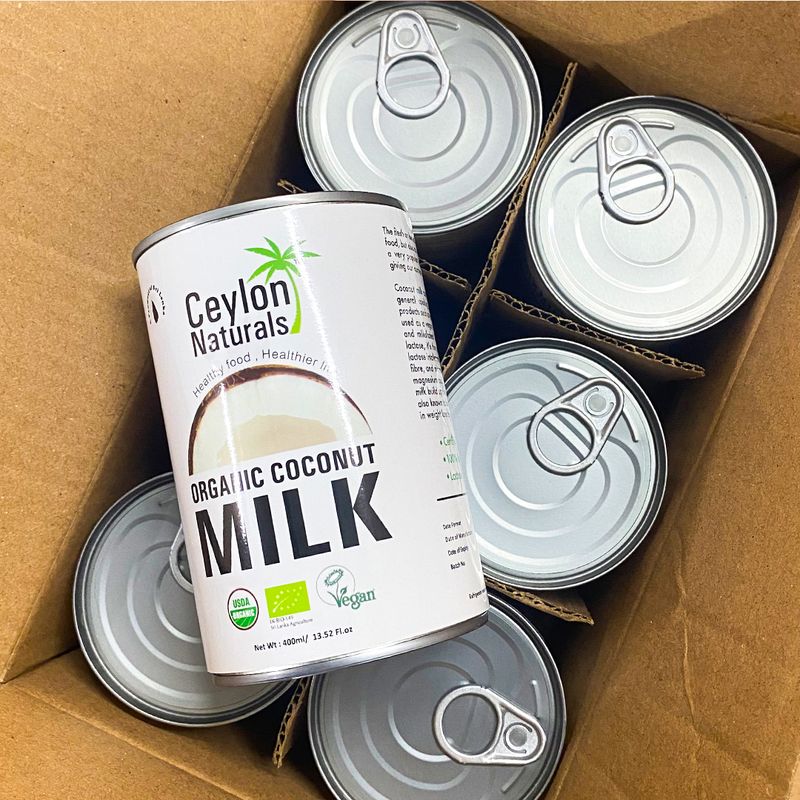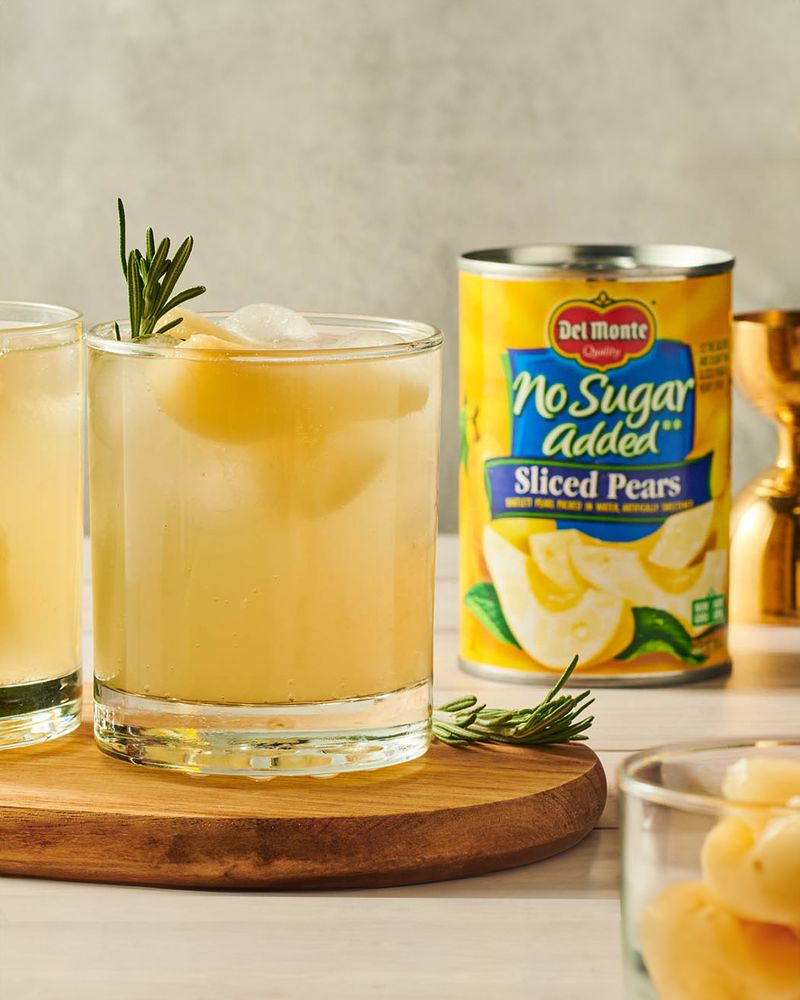Embarking on a journey through the grocery aisles, one might be tempted by the convenience of canned foods. However, not all that glitters is gold, especially when it comes to what’s inside those shiny tins.
Some canned foods aren’t just a poor choice—they’re downright detrimental to your health. Let’s explore the 25 canned foods that should never find a place in your shopping cart.
1. Canned Tuna
If you love tuna, think twice before grabbing that can. While fresh tuna is nutritious, the canned variety often contains high levels of mercury. Furthermore, it’s often packed in oil, adding unnecessary fat and calories to your diet.
Where are the nutrients? Lost in the processing. Moreover, some brands add extra sodium, making this seemingly healthy choice less wise. So, opt for fresh or frozen tuna instead and ensure you’re enjoying the real benefits without the hidden risks.
2. Canned Pineapple
Canned pineapple may seem like a tropical delight, but appearances can be deceiving. Packed with heavy syrup, it becomes a sugar-laden snack rather than a healthy treat.
If you’re seeking the refreshment of pineapple, the canned version won’t deliver. On top of that, the canning process strips away essential nutrients, leaving you with fewer health benefits.
Thus, fresh pineapple is a far superior choice, bursting with natural vitamins and flavor without the unnecessary sugars.
3. Canned Chili
However convenient it may seem, canned chili is often loaded with unhealthy ingredients. From excessive sodium to questionable meat sources, it hardly makes for a nutritious meal. When you consider the potential for BPA in the can lining, the risks only increase.
Additionally, preservatives and additives cloud the ingredient list, rendering this option far from wholesome. For a heartier and healthier meal, try making chili from scratch, ensuring quality ingredients and real flavor.
4. Canned Peaches
Though peaches are a summer favorite, canned versions fall short. Typically soaked in syrup, they offer an overdose of sugar instead of the fruit’s natural sweetness. If you’re aiming for a healthy dessert, canned peaches won’t fulfill that desire.
Moreover, the canning process often involves heat treatments that diminish their vitamin content. Hence, fresh or frozen peaches are a much better option, providing you with the authentic taste and nutrients you crave.
5. Canned Corned Beef
Canned corned beef may be a staple for some, but it’s not the best nutritional choice. Usually high in sodium and saturated fats, it doesn’t complement a balanced diet well. Additionally, preservatives and additives often lurk within, further compromising its healthfulness.
If you’re craving corned beef, consider preparing it fresh. Not only will it taste better, but you’ll avoid the pitfalls of canned versions, ensuring a more wholesome and enjoyable meal experience.
6. Canned Chicken Noodle Soup
Where can you find comfort in a can? Not in chicken noodle soup. Canned versions are notorious for their high sodium content, which can contribute to heart issues. Further, the quality of ingredients is often mediocre, from mushy noodles to bland bits of chicken.
If you’re seeking a warm, comforting bowl, homemade soup offers superior flavor and nutrition. Thus, taking the time to make it from scratch guarantees a nourishing dish that canned versions simply can’t match.
7. Canned Asparagus
Canned asparagus fails to capture the vibrant essence of this vegetable. Once canned, asparagus loses its crispness, turning into a mushy disappointment. Further, the sodium levels are often high to preserve it, overshadowing its natural flavor.
If you’re looking to include asparagus in your diet, fresh or frozen options are far better. They retain their texture and taste, providing the authentic asparagus experience without the added salt and mushiness of their canned counterpart.
8. Canned Cranberry Sauce
Cranberry sauce often graces holiday tables, but canned versions are less than ideal. They’re usually packed with sugar, transforming a tart fruit into a sugary treat. Moreover, the gelatinous texture doesn’t quite capture the essence of fresh cranberries.
If you desire the true cranberry flavor, consider making it yourself. Not only will it taste more authentic, but you’ll have control over the sugar content, allowing you to enjoy a healthier version of this festive favorite.
9. Canned Beef Stew
If you’re considering canned beef stew, you might be in for a letdown. Typically, it’s loaded with sodium and lacks fresh taste. Furthermore, the meat quality is often subpar, leaving you with a less satisfying meal.
When it comes to convenience, the allure of canned stew can be tempting. However, homemade versions offer real satisfaction with better ingredients and flavor. So, for a hearty, delicious stew, cooking at home is indeed the way to go.
10. Canned Sausages
Canned sausages may seem like a quick snack, but they’re typically packed with sodium and preservatives. Furthermore, their texture often leaves much to be desired, lacking the firmness and flavor of fresh sausages.
If you crave sausages, selecting fresh options is infinitely better. They offer a richer taste and a more satisfying bite. Additionally, you can choose varieties with fewer additives, ensuring a tastier and healthier experience far superior to their canned counterparts.
11. Canned Mushrooms
Mushrooms are a gourmet delight, but canned ones just don’t make the cut. They often come soaked in salty water, diminishing their unique taste and texture. Moreover, the canning process can lead to a rubbery feel, quite unlike fresh mushrooms.
If you’re aiming for the rich, earthy flavor of mushrooms, fresh or dried varieties are the way to go. These options retain their full flavor profile, providing the culinary experience you’re seeking without the downsides of canning.
12. Canned Sauerkraut
Canned sauerkraut may not be the probiotic powerhouse you think. Often, it’s pasteurized, killing off the beneficial bacteria that make sauerkraut a health food. Furthermore, it can contain excessive sodium, undermining its potential benefits.
For authentic flavor and health benefits, homemade or refrigerated versions are far better. They retain the live cultures that aid digestion and offer a fresher taste, making them a superior choice to the bland, salty canned alternatives.
13. Canned Mixed Vegetables
Canned mixed vegetables might seem like a handy choice, but they often fall short in flavor and nutrition. More often than not, they’re submerged in salty water that strips away their freshness. Furthermore, the texture becomes mushy, lacking the crispness of fresh veggies.
If you’re seeking a colorful, nutritious addition to your meal, opt for fresh or frozen vegetables instead. These choices preserve their taste and nutritional value, offering a superior culinary experience.
14. Canned Black Beans
Black beans are a staple in many diets, yet canned varieties might not be the best option. Often laden with sodium, they can detract from the health benefits beans offer. Furthermore, the texture may be compromised, becoming too soft.
If you’re aiming to enjoy the full nutritional value of black beans, cooking them from dry ensures the best results. This method allows you to control the seasoning, providing a flavorful, healthy dish sans the downsides of canned options.
15. Canned Artichokes
Artichokes are a culinary treasure, yet canned versions often disappoint. Typically, they’re marinated in salty brine, which can overshadow their subtle flavor. Moreover, the texture becomes mushy, losing the firm bite that makes artichokes delightful.
If you’re seeking the true artichoke experience, fresh or frozen options are preferable. These retain their unique taste and texture, ensuring you enjoy all the culinary richness without the drawbacks of canned varieties.
16. Canned Lentil Soup
Lentil soup is a nutritious delight, but canned versions often miss the mark. Laden with sodium and lacking the rich flavors of freshly made soup, they can leave you disappointed. Additionally, the texture may be compromised, turning mushy instead of hearty.
If you’re after a truly nourishing bowl, making lentil soup from scratch is worth the effort. This guarantees full control over ingredients, ensuring a delicious and healthful meal without the shortcomings of canned options.
17. Canned Fruit Cocktail
Fruit cocktail in a can might seem like a quick treat, but it’s often more sugar than fruit. Typically packed in syrup, it turns a healthy snack into a sugary indulgence.
Furthermore, the individual flavors of the fruits become muddled, losing their distinctiveness. If you desire a fresh, wholesome fruit experience, assembling your own fruit salad with fresh ingredients is far superior.
This choice ensures vibrant flavors and natural sweetness without the unnecessary sugars of canned cocktails.
18. Canned Clams
Clams are a seafood delicacy, yet canned versions pale in comparison to fresh. Often, they’re packed with sodium-rich brine, overshadowing their natural flavor. Moreover, the texture can turn rubbery, far from the tender delight of fresh clams.
If you’re looking to savor the true taste of clams, fresh or frozen options are the way to go. These choices retain the essence of the sea, offering a superior culinary experience without the pitfalls of canned alternatives.
19. Canned Ravioli
If you’re fond of Italian cuisine, canned ravioli is a poor substitute. Often filled with sodium and preservatives, it lacks the fresh taste of homemade pasta. Additionally, the filling quality is often questionable, far from the savory delight you expect from a good ravioli.
For a true Italian experience, making ravioli at home or choosing freshly made varieties is the best route. You’ll enjoy authentic flavors and textures without the unnecessary additives of canned versions.
20. Canned Pumpkin
Pumpkin is a versatile ingredient, yet canned pumpkin often lacks the robust flavor of fresh squash. Sometimes, it’s mixed with added sugars or spices, altering the authentic taste. Furthermore, the texture can be overly smooth, lacking the richness of fresh pumpkin.
For the best results in your recipes, opting for fresh pumpkin or pure pumpkin puree is ideal. This ensures you capture the true essence and nutritional value, enhancing your culinary creations without compromise.
21. Canned Sardines
Sardines are a nutrient-rich fish, but canned versions might not be the best choice. Often packed in oil or sauces, they can add unnecessary calories and fats. Additionally, the distinct fishy flavor may not appeal to all, overshadowing their nutritional benefits.
If you prefer sardines, fresh or frozen options provide a cleaner taste and healthier profile. These choices are less processed, ensuring you enjoy the true benefits of sardines without the drawbacks of canned varieties.
22. Canned Spinach
Though spinach is known for its health benefits, canned spinach tells a different story. Often, it comes with added salt, reducing its nutritional value. Moreover, the texture becomes limp and unappetizing through canning.
If you’re looking to boost your iron and vitamin intake, fresh spinach is the way to go. It retains its vibrant color and taste, ensuring you get all the vital nutrients. Thus, skip the can and opt for fresh or frozen for a healthier choice.
23. Canned Coconut Milk
Coconut milk is a creamy delight, yet canned versions can be problematic. Often, they contain added stabilizers or preservatives, affecting the pure coconut flavor. Additionally, the fat content can be higher than expected, which may not suit all dietary needs.
If you’re looking for the true coconut experience, fresh coconut milk or high-quality brands without additives are preferable. This ensures a richer taste and maintains the natural goodness, offering a superior choice over canned options.
24. Canned Tomato Sauce
If you’re preparing a savory dish, canned tomato sauce often isn’t the best choice. Loaded with added sugars and preservatives, it can detract from the natural tomato flavor. Additionally, the high sodium content is a concern for those watching their intake.
For a fresher and healthier option, making tomato sauce from fresh tomatoes is ideal. This approach preserves the vibrant taste and nutrients, allowing you to enjoy a delightful culinary experience unmatched by canned alternatives.
25. Canned Pears
Pears are a sweet delight, but canned pears aren’t the best way to enjoy them. Usually packed in syrup, they become a sugary treat rather than a healthy snack. Furthermore, the canning process can strip away some of the natural vitamins and minerals.
If you wish to savor the real taste of pears, choosing fresh or lightly poached pears is the way to go. These options ensure the natural sweetness and nutritional benefits are retained, offering a far superior experience.


